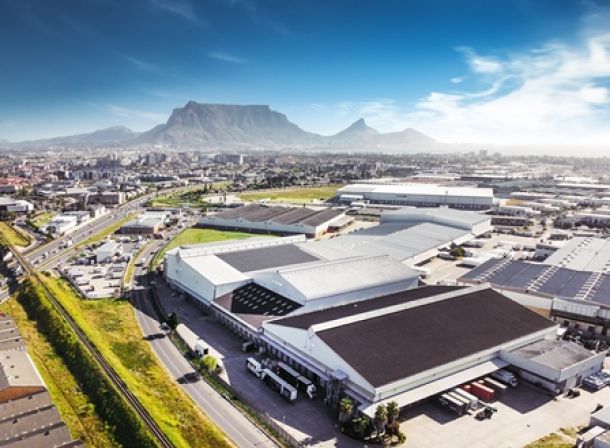Supply chain lab opens in Cape Town
Imperial Logistics has opened a second supply chain lab, this time in Cape Town. This is said to follow the success of its first supply chain lab in Berlin.
These facilities will enable Imperial Logistics and its clients to leverage evolving technology and digitisation to drive competitiveness and ensure ongoing market relevance, says chief information officer, Michael Lütjann.
Lütjann outlines the rationale behind Imperial Logistics’ first supply chain lab in Berlin: “This was a mind shift for the organisation. We wanted to transform a typically traditional environment and move away from limiting traditional thinking. Our lab was a notable milestone on our digitisation roadmap and tangible proof of a more agile, open and innovative approach.”
One of the Berlin lab’s most notable achievements is the development of ShareHouse, a digital marketplace for warehouse space. “By efficiently digitising the marketing of warehouse space, ShareHouse is enabling property owners to increase utilisation levels at their warehouses, prevent empty space caused by seasonal fluctuations and increase the profitability of their storage sites,” Lütjann expands. “The process of beginning with a problem, generating an idea, developing a digital marketplace and ultimately founding our first corporate startup has provided us with a truck full of valuable learnings that our new Cape Town lab is founded on.”
He notes that the locations of both labs were carefully chosen. “Berlin is one of the top five startup hotspots in the world. The city has over 187,000 students and provides a large pool of tech and creative talent from all over the world. Cape Town is Africa’s most important startup hotspot and is renowned as an environment that draws creative talent from around the globe.”
Digitisation workshops, digital readiness training, 'creathons', hackathons and MVP (minimum viable product) projects are among the services offered by the supply chain labs.
“Our aim is to inspire and generate implementable ideas - from startup journeys to inspiration workshops. We generate networks and connect the right people. The labs also facilitate product development and support the generation of business plans.”
Creathons or hackathons
Creathons or hackathons are used to explore and test ideas. Lütjann elaborates: “A creathon is based on the Google design sprint methodology. It is a very intense five-day workshop format that was developed to solve big problems, develop ideas, build prototypes and collect feedback of real users or clients in a very short time frame, with incredible results. On the fifth day, you have a clear understanding of the problem, a tested idea and enough feedback to define the way forward.”
"The supply chain labs are not just the domain of IT. They are relevant for every single business unit and service department. IT is just one of the stakeholders and, in some specific spheres, an enabler. The lab is a platform to work jointly on the challenges faced by Imperial Logistics and our clients,” Lütjann concludes.
Related Articles

Clicks expands service delivery with the openin...

SPAR drives logistics innovation across distrib...

Futureproofing the supply chain in Sub-Saharan ...

Pioneer foods announces recall of certain 100% ...


